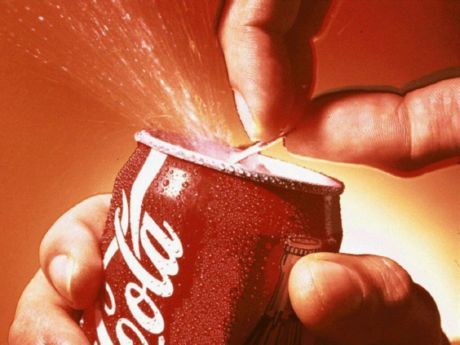Medical expert of the article
New publications
Sodas and sugary cereals lead to prostate cancer
Last reviewed: 01.07.2025

All iLive content is medically reviewed or fact checked to ensure as much factual accuracy as possible.
We have strict sourcing guidelines and only link to reputable media sites, academic research institutions and, whenever possible, medically peer reviewed studies. Note that the numbers in parentheses ([1], [2], etc.) are clickable links to these studies.
If you feel that any of our content is inaccurate, out-of-date, or otherwise questionable, please select it and press Ctrl + Enter.
Men who love sweet carbonated drinks should worry not only about their teeth and extra pounds. As it turns out, carbonated drinks can cause much more serious problems, namely, the development of prostate cancer.

Prostate cancer is the second most common cancer and is second only to lung cancer.
Swedish scientists from Lund University report that even one can of sugary soft drink a day increases the risk of developing prostate cancer by 40%.
They also found a link between the consumption of pasta, as well as rice, and the risk of developing mild forms of prostate cancer that do not require treatment - frequent consumption of these products increases the risk of developing cancer by 31%.
Also, a love of sweet cereals, which many people enjoy for breakfast, can lead to mild forms of prostate cancer – the risk increases by 38%.
The results of the scientists' research were published in the American Journal of Clinical Nutrition. The scientists' conclusions were based on research and observations of 8,000 volunteers aged 45 to 73. All subjects kept records of what their diet consisted of, and also regularly took tests and underwent medical examinations.
"We found an increased risk of developing prostate cancer in men who frequently consumed soft drinks or drinks with added sugar," said lead author Isabel Drake. "Those who drank even 330 millilitres of soft drink a day were at increased risk of developing a serious form of prostate cancer that requires medical treatment."
Although time and additional research are needed to fully understand all the risks and factors that influence the development of prostate cancer, the harm of soft drinks and the need to reduce their consumption are obvious.
The specialist's next study will examine the effects of different foods and diets on genes.


 [
[